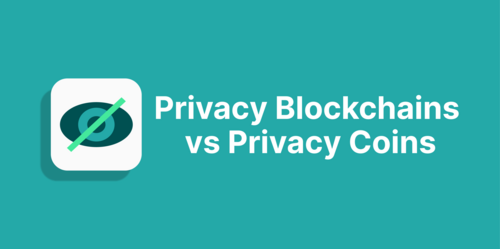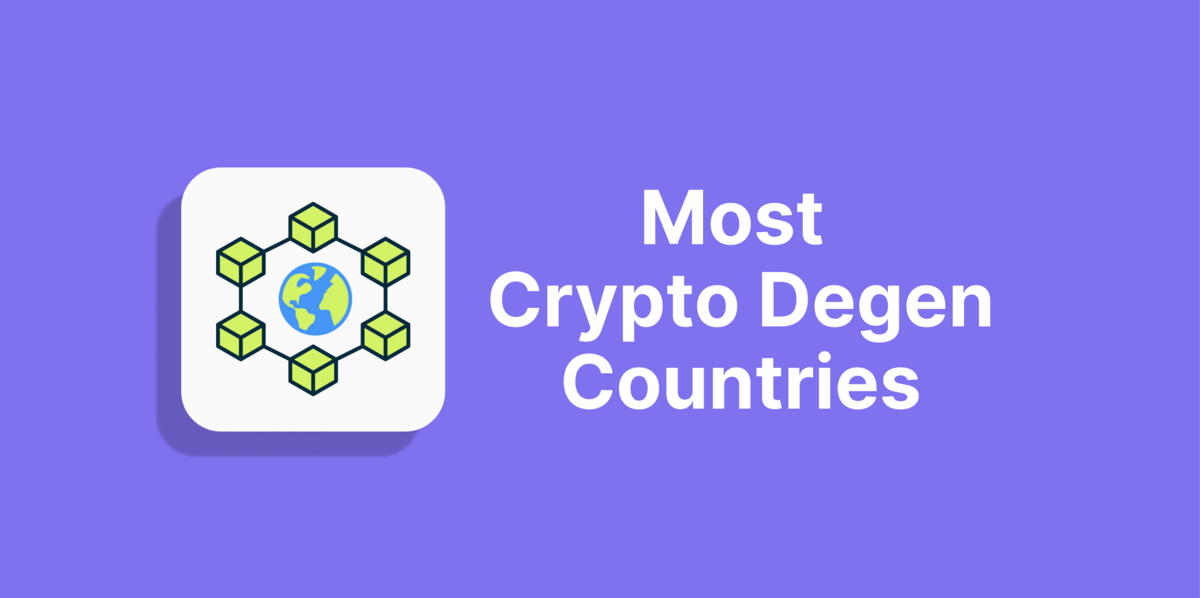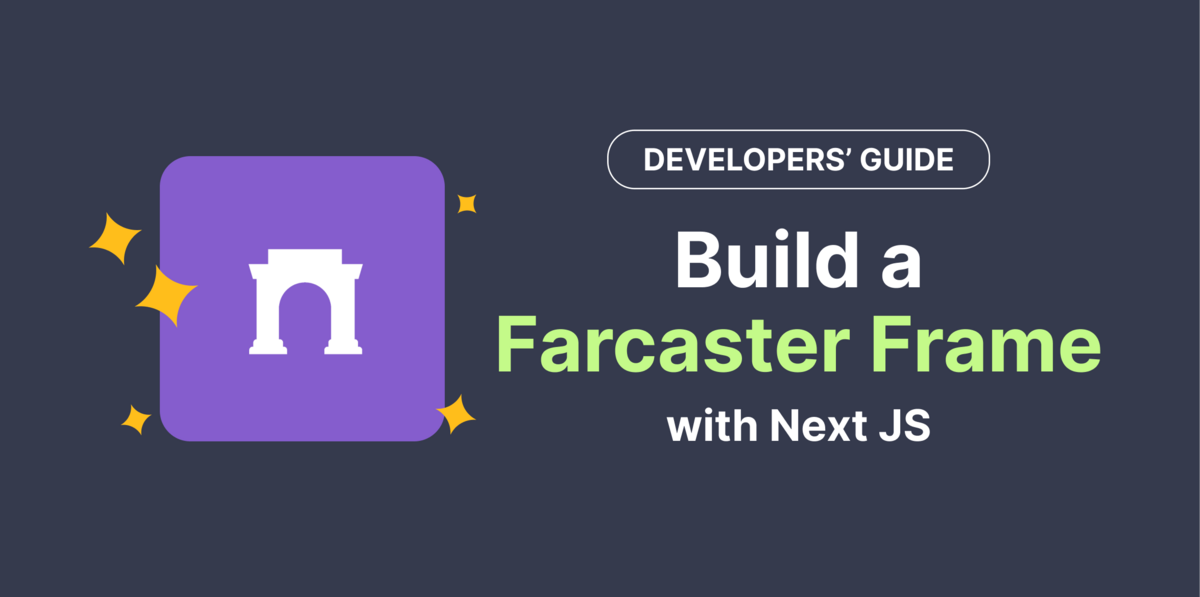This article is sponsored by Aleph Zero.
Since alternative Layer 1 chains such as Polygon and Fantom rose to prominence backed in 2021 due to Ethereum’s high gas fees and kicked off the multichain season, the crypto community has been quick to explore the various networks and ecosystems that have mushroomed in the past few years. Even though 2022 proved to be the year of Rollups such as Optimism, zkSync and Arbitrum, it seems that now in 2023, alternative Layer-1 networks such as Sui, Aptos, and Sei are starting to gain traction with a growing ecosystem.
However, past all the hype and potential airdrops, it's important to recognize that there’s still plenty of work being done on improving the design of Layer-1 networks. Even after Ethereum’s transition to a Proof-of-Stake (PoS) blockchain after the Merge, it was merely the first of six planned upgrades to transform the network into a scalable decentralized world computer. As it stands, new and existing Layer 1 networks are coming up with novel solutions to overcome the blockchain trilemma - a concept where decentralized networks can never be fully decentralized, scalable and secure at the same time. Solving that would allow them to offer similar user experiences as on centralized platforms but with security and immutability that only blockchains can offer.
Aleph Zero is a highly scalable Layer-1 blockchain with near-instant finality and enhanced privacy for users. It officially launched its mainnet in late 2021. As a permissionless blockchain ecosystem built with Polkadot’s Substrate framework and ink!–an extension of the Rust programming language built for smart contract functionality–the network is designed for businesses to develop their own decentralized apps and solutions using Aleph Zero’s infrastructure while respecting data privacy or protecting their competitive advantage. Join us as we uncover more about Aleph Zero’s features and its ecosystem, as well as their plans for the future.
How Does Aleph Zero Work?
 Source: Aleph Zero
Source: Aleph Zero
Aleph Zero is a permissionless Layer-1 blockchain with a Proof-of-Stake (PoS) consensus mechanism. However, unlike other PoS blockchain, Aleph Zero utilized its own unique peer-reviewed AlephBFT consensus protocol, which uses a directed acyclic graph (DAG) as an intermediary structure in processing transactions but doesn't turn Aleph Zero into a DAG itself–allowing the network to achieve transaction speeds unseen on most other blockchains. Even after times of asynchronicity, the network stays secure and is able to continue verifying transactions, as it can order blocks in the correct order as soon as it is back to normal operation.
In terms of privacy protection, Aleph Zero uses its own software-based multichain privacy layer known as Liminal. Liminal is a privacy protection layer that adds value with cross-chain bridges–soon to be implemented in Polkadot, Ethereum, Cosmos, and others. It offers privacy and security via a combination of zero-knowledge proofs (ZK-SNARKs) and Secure Multiparty Computation (sMPC).
Liminal is a new approach to making privacy features programmable, with the ability to keep the private state of smart contracts from other chains on Aleph Zero. This allows developers to either build natively on Aleph Zero or just use Liminal as the privacy Layer 2 with low transaction fees and rapid transaction times–such features will be interesting for use cases in banking or healthcare.
 Source: Hodl
Source: Hodl
For users who may be unfamiliar with zero-knowledge technology, ZK-SNARKs is a way for provers to authenticate that the information is valid without revealing any additional information to a verifier. In other words, users’ transaction data can remain private while still being accepted on the network. On the other hand, sMPCs involve splitting up operations on data that is intended to remain private. Each participant of such calculation has access to only a fragment of the data, and none of such nodes can access or reveal the whole dataset without reaching a supermajority consensus, which would be almost impossible.
It’s also worth noting that Aleph Zero aims to offer their privacy framework in compliance with applicable regulations, as that would attract enterprise solutions that seek clarity around privacy-preserving blockchains.
The Aleph Zero Ecosystem
With the recent release of the ink! 4.0 smart contracts on its mainnet in March 2023, Aleph Zero is ready to grow into a robust ecosystem of various dApps suited for both DeFi users and NFT enthusiasts. However, the path to building a healthy community of diverse projects lies in attracting both users and developers. To further this growth and attract even more builders to the network, Aleph Zero has introduced an Ecosystem Funding Program (EFP). The EFP will play an important role in fostering the network’s ecosystem, serving as an incubator that provides funding with grants of up to $500,000, knowledge, and other resources to bring out its projects’ full potential.
Even so, there is already a slew of projects, wallets, and NFT collections that are currently being built or integrated into the network. Below are just a few of the many native applications on the Aleph Zero mainnet that will pave the way for many more to come:
Abax

For the DeFi purists, Abax Protocol is an upcoming permissionless lending platform that allows anyone to deposit their funds to earn interest or borrow various assets. It operates in a similar fashion to other major lending platforms, such as Aave and Compound where lending rates are determined by utilization rate of the lending pools, ensuring that lenders receive the appropriate returns based on the amount of funds borrowed from the platform.
On the borrowing end, the protocol uses an innovative approach to calculating a user’s collateral ratio, which takes into account the individual users’ aggregated collateral and debt positions, and the type of assets used. Simply put, if a user’s overall collateralized position is deemed to be less volatile, then the user may be allowed to have a higher loan-to-value ratio.
Gatenox
For entities that require corporate KYC and identity verification on their journey into Web3, Gatenox has got you covered, providing you with the tools you need to easily and quickly onboard and manage your clients. Designed to meet the needs of compliance teams, the Gatenox Hub allows users to customize their own verification form and select the type of data they need from their clients, all in one single platform.
Gatenox features two products - the ID Node as well as the Compliance Cloud. The ID Node allows institutions to streamline their onboarding process using flexible methods of data collection. Through pre-filled data and mobile optimization, ID Node provides a seamless way to acquire a company’s information with a single click while on the go.
On the other hand, the Compliance Cloud is the all-in-one solution for verification, allowing compliance officers to quickly identify and mitigate potential risks. Using a combination of blockchain data along with real-time monitoring and sanction lists, the Compliance Cloud dashboard provides insights and analytics into a corporation’s activities and relationships, both on-chain and off-chain.
With support from the Aleph Zero team, Gatenox is one of the first recipients of the Aleph Zero Ecosystem Funding Program to continue its work of incorporating Corporate KYC within the Aleph Zero ecosystem.
DRKVRS
DRKVRS is an upcoming RPG and social media platform on Aleph Zero that puts a completely new twist on the metaverse genre. Touting itself as the ‘Dark Side of the Metaverse,’ DRKVRS will offer a fully immersive experience in an aesthetically dystopian setting, with unique mechanics for interacting between other players and NPCs that are based on the Prisoner’s dilemma. With a star-studded team that has worked on AAA titles such as The Witcher series and Cyberpunk 2077, the world of DRKVRS will be full of risks and rewards, where only those who have the right skills can carve their way to the top.
In keeping with the theme of DRKVRS and its secrets, the game will also leverage Aleph Zero’s own Liminal framework to preserve the identity of its players and their in-game transactions. While not much is known about the project at the moment, the team has stated that they are working on the first playable location in the game, with more details to be revealed in the coming months.
Roadmap
There are plenty of things in store for Aleph Zero in 2023. After the launch of smart contracts on its mainnet in March 2023, Aleph Zero is now planning to go cross-chain, integrating its technology with various networks such as Polkadot, Cosmos, and Ethereum. Although it is not a parachain, Aleph Zero has secured a parachain slot solely for the purpose of building their own cross-chain bridge to Polkadot, secured not by smart contracts but Polkadot’s and Aleph Zero’s consensus models on both ends.
To learn more about Aleph Zero’s vision and its underlying technology, head over to their website here. If you’re keen on jumping right into the Aleph Zero ecosystem, head over to their Ecosystem page to discover more native dApps.

Subscribe to the CoinGecko Daily Newsletter!
CoinGecko's editorial team comprises writers, editors, research analysts and cryptocurrency industry experts. We produce and update our articles regularly to provide the most complete, accurate and helpful information on all things cryptocurrencies. Follow the author on Twitter @coingecko








 Or check it out in the app stores
Or check it out in the app stores
